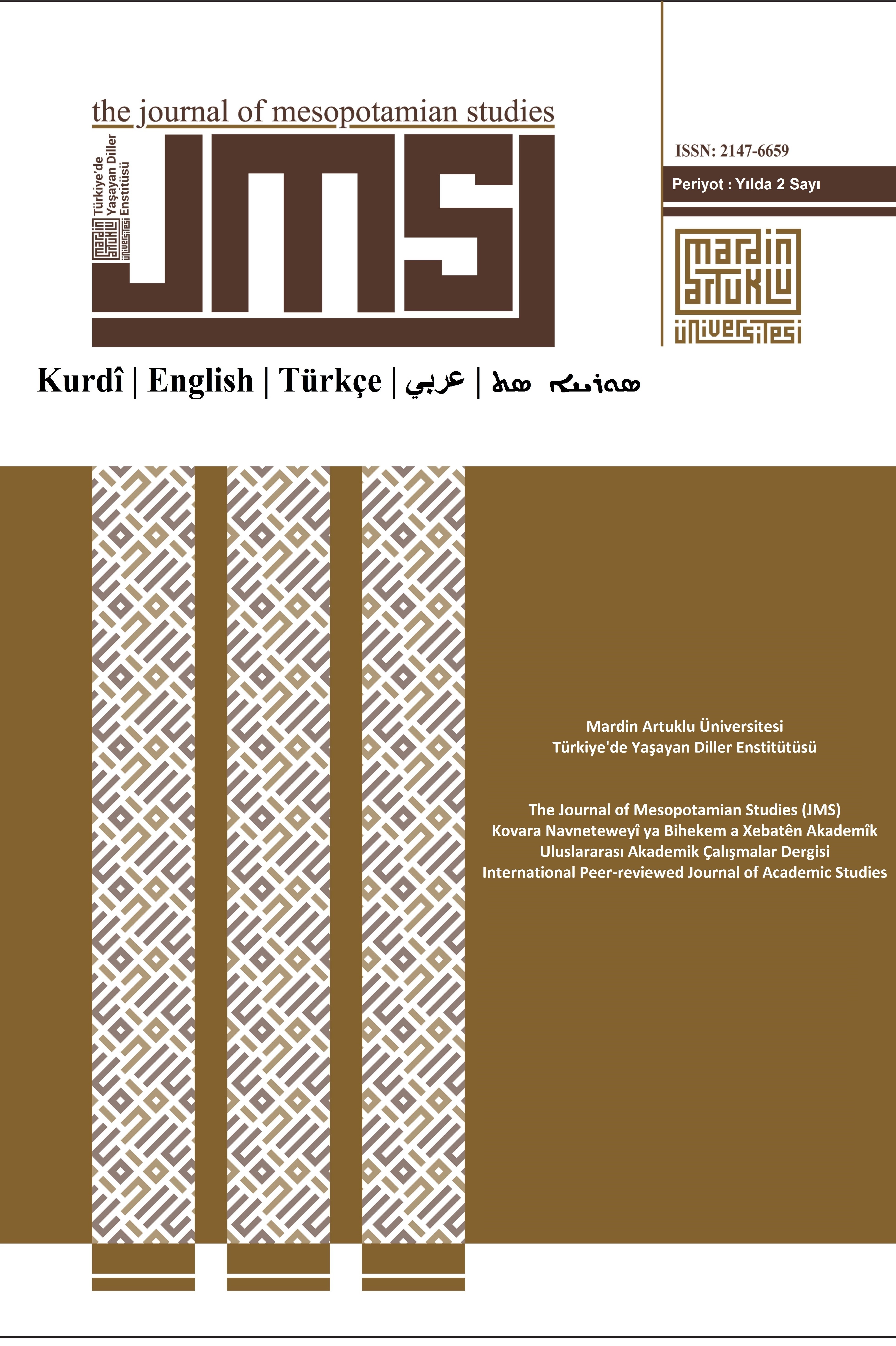
The Journal of Mesopotamian Studies
Yazarlar: Safia Fethallah ZEVENKİ
Konular:Dil Bilim
Anahtar Kelimeler:Comparisons. Simulation . Onomatopoeia. Sounds. Arabic . Kurdish. English. lexicology. Innovations. Modern
Özet: The results of this research can be summarized in terms of the semantic comparison between the Kurdish and Arabic languages, to simulate the sounds, both at the lexical and linguistic levels, in which the number of nouns that indicate sounds, whether they are derived from the elements of nature, of nature, animal and human, or from the friction of objects, In some detail as and quality. At the linguistic level, they were found to be similar in their dependence on the phenomenon of verbal and vocal repetition. However, these two languages did not show serious interest in applying the rules of voice simulation in their language to new names, especially on devices related to musical instruments, devices with functions or audio features. Unlike the English language, which was keen to develop vocabulary to simulate the majority of the voices of modern innovations, but English at the linguistic level devoid of the rules of the regular in this simulation, unlike the Kurdish language and Arabic.